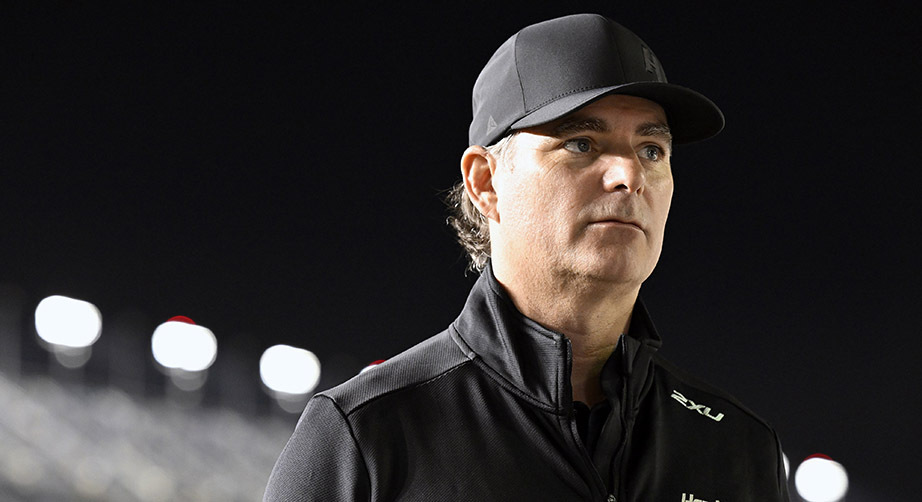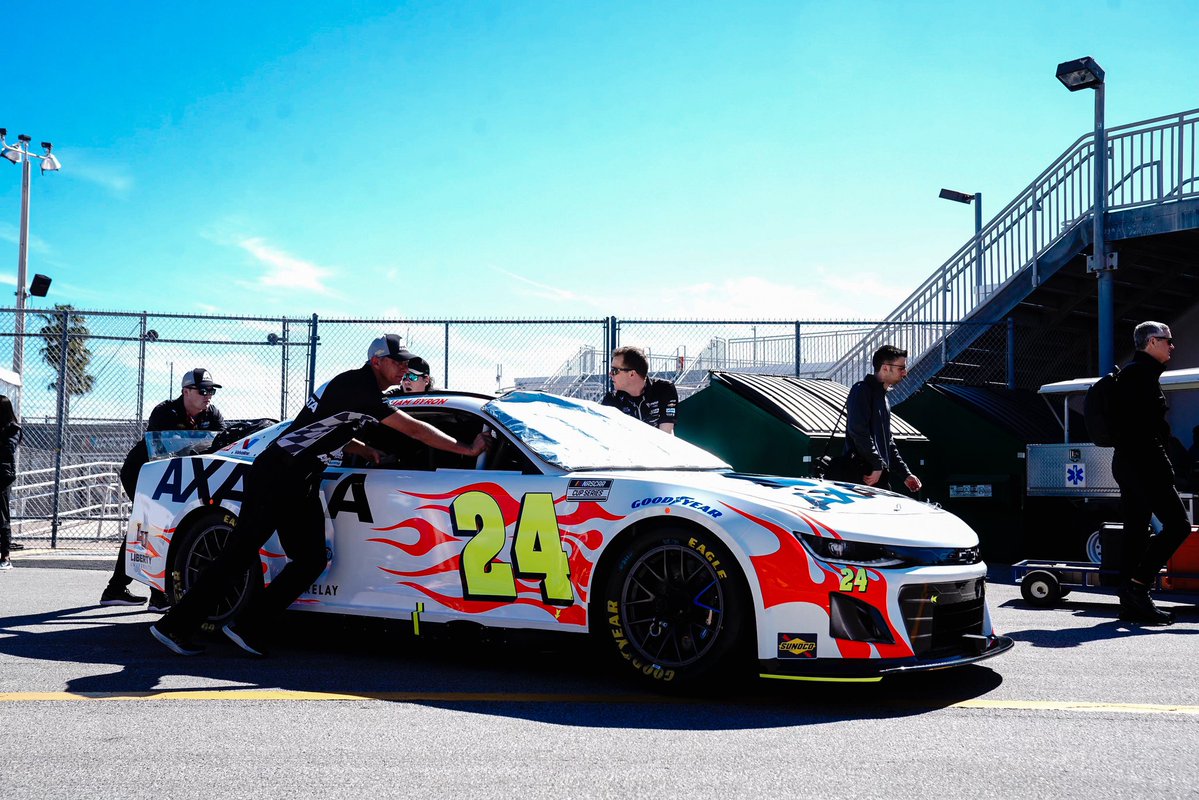In a recent revelation, racing icon Jeff Gordon disclosed that Hendrick Motorsports, a powerhouse in the NASCAR realm, has struggled to make a profit for an astonishing 10-year period.
This disclosure has sparked negotiations between NASCAR and teams as they seek to renew the charter system, a crucial component introduced several years ago to provide teams with a guaranteed starting position and a share of TV revenue.
The charter system, initially introduced by NASCAR, issues 36 charters to teams, securing them a spot in every points-paying race and a portion of the TV revenue. However, the current arrangement only allocates 25% of the revenue to the teams, with tracks claiming 65%, and the remaining 10% going to NASCAR.
With the current charter agreement set to expire at the end of the 2024 season, teams are pushing for a more substantial share, fueling negotiations for a sustainable financial future.
To address these financial concerns, teams have united in a negotiating committee, aiming not only for a better revenue-sharing model but also to make the charter system a permanent fixture in NASCAR. Despite recent charter sales reaching an estimated $40 million, uncertainty looms over the system’s continuity.
Providing further insight into the financial landscape of Hendrick Motorsports, Jeff Gordon highlighted the team’s challenges, stating that they have not turned a profit in a decade. He underscored the team’s commitment to the sport, citing owner Rick Hendrick’s passion for racing and the positive branding it brings.
Gordon attributed Hendrick Motorsports’ financial resilience to successful business-to-business (B2B) partnerships, particularly tying Hendrick Automotive Group and Hendrick Motorsports together.
Gordon emphasized that the financial concerns extend beyond Hendrick Motorsports, affecting numerous teams in the NASCAR ecosystem. The negotiating committee is dedicated to representing the interests of all teams, irrespective of their size, ensuring a fair and sustainable financial structure that supports the entire NASCAR community.
Rumors circulating within the NASCAR community suggest that the negotiating committee has enlisted the services of an antitrust lawyer, underlining the seriousness of the negotiations and potential legal implications surrounding the charter system and revenue distribution.
The current leverage of the teams lies in the absence of a charter agreement that mandates their presence at race tracks. This leverage creates an opportunity for teams to negotiate for a more favorable financial arrangement that better aligns with the challenges and expenses associated with competitive racing.
While Gordon expressed frustration about the prolonged negotiations, he remains optimistic about reaching a favorable agreement. He highlighted that discussions with NASCAR have been positive, acknowledging that a deal is likely on the horizon. However, the specifics of the negotiations and the hurdles that need to be overcome remain uncertain.

As NASCAR embarks on the 2024 season, the financial landscape of the sport undergoes significant scrutiny and negotiation. The challenges faced by teams, including the powerhouse Hendrick Motorsports, underscore the need for a sustainable financial model that supports the long-term growth and competitiveness of NASCAR.
Related News:
- NASCAR Daytona 500 in FL Threatened by Storms Feb 17th – 18th
- Dramatic NASCAR Crash Launches Truck Airborne at Daytona
- California’s Best-Kept Secrets: Uncovering the Quirky Charm of Hidden Towns
The ongoing negotiations will undoubtedly shape the future of the sport, impacting teams, fans, and the overall ecosystem of professional auto racing.

